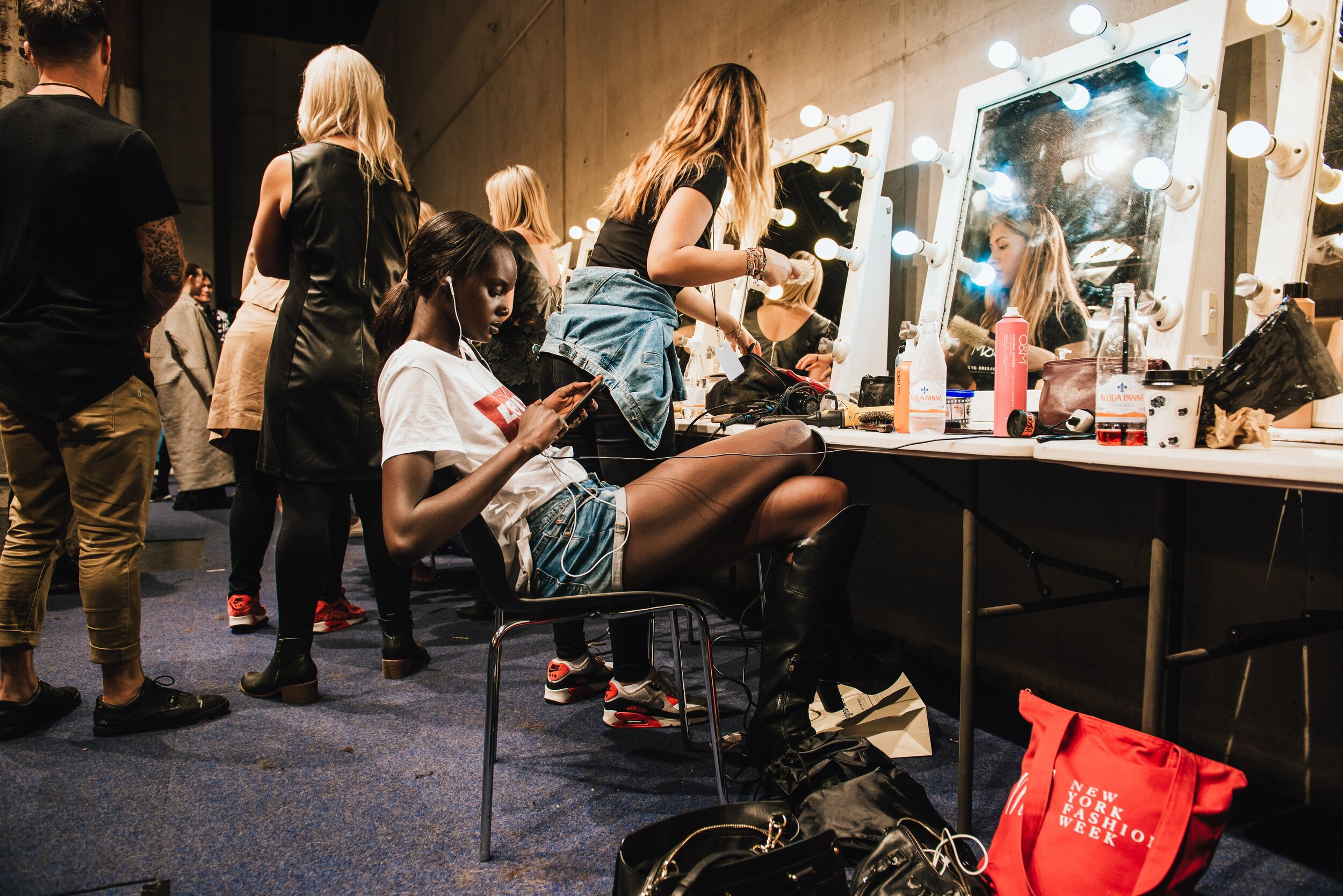Why some of J-Lo’s early films make me cringe
Written by Natalie Resendez
If you’re a fan of romantic comedies like I am, then you know that Jennifer Lopez’s early 2000s films are absolute classics. Whether it’s “Shall We Dance?” or “Monster-in-Law,” the Puerto Rican star always left me wishing for a romance like hers ... or so I thought.
Watching these films as a child brought a sense of warmth and satisfaction with their happy endings. It wasn’t until I rewatched the movies in college that I realized these 2000s J. Lo rom-coms weren’t so joyful and perfect anymore.
Why was her occupation affecting her love life? Why were the Latinx stereotypes heavy? Why did she always end up with a white man?
These were just a few of the questions I found myself asking after rewatching these movies. I realized that Lopez seemed to be a victim of typecasting: the practice of repeatedly casting or assigning an actor/actress to the same role based on their appearance or previous role. Here are just a few of her romantic comedies that left me questioning Hollywood’s perception of Latinx women in film:
“Maid in Manhattan” (2002)
In this film, Lopez plays Marisa Ventura, a single mother maid, who falls in love with Chris Marshall, a white senatorial candidate. Her profession as a maid and the fact that she is a single mother is used as an “issue” within the film to help thicken the plot. It also seems that her occupation as a maid depicts her lifestyle as one in which she hasn’t had much success in the educational field and puts her in the working class. The only reason why this romantic comedy creates an unimaginable story is because of the notion that it is inconceivable to the audience that a working class woman of color should get with a white man of stature.
“The Wedding Planner” (2001)
Like the title insinuates, Lopez’s character, Mary Fiore, is a wedding planner that runs into trouble when she realizes she’s falling in love with one of her clients, Steve Edison. Unlike the last two films, Mary has a well-paying job and is doing what she loves.
The largest issue with this film is that Lopez is playing an Italian character.
According to Miguel Picker and Chyng Sun’s film, “Latinos Beyond Reel,” lighter skin Latinas usually have more versatility in roles because they can be marked as racially ambiguous or even confused for white. White features are seen as normal, therefore, when a Latina-American can be presented in a way that is ambiguous or close to being white, it is preferable for producers and directors.
Steve also happens to be a white man. Now, why is this problematic? In most of her romantic comedies, Lopez is cast as a woman of color falling for a white man, and in some cases this is inconceivable because of her race alone. But what if the roles were reversed? How many films were made where Lopez carried the higher income and status whereas her love interest was in the middle or working class?
After many years of success as an actress, you would think she would choose roles that would stray away from these tropes. This, however, has not been the case. In the 2010s, we see her in films such as “The Back-up Plan” and “Second Act” where she ends up with the same type of white male figure. And although “Second Act” doesn’t focus on him as some sort of savior in her love life, she still gets her happily ever after with a white man.
“Monster-in-Law” (2005)
Like “Maid in Manhattan,” Lopez plays a middle-class Latina, Charlie Cantilini, who falls in love with Kevin Fields, a doctor. As soon as Kevin proposes to Charlie, his mother, Viola, has a meltdown at the thought of her losing her son. While the plot is mainly about Viola trying to ruin their engagement, the film itself carries striking similarities to “Maid in Manhattan.”
Of course, Kevin is a doctor whereas his love interest, Charlie, is found in between jobs. Kevin is also a white man, which Lopez’s characters always seem to fall in love with.
The ending of the movie features Kevin’s grandma who happily exclaims that Charlie is an “exotic Latina.” Although she was saying this positively, I’d be lying if I said I didn’t cringe a little when I heard this. Out of all the adjectives the writers could have chosen in place of “exotic,” they opted to remind their viewers that a woman of color marrying a white man is unheard of.
Although these movies will always hold a soft spot in my heart, I’d be lying if I said I still wanted these love tropes. Lopez, however, remains to be an idol for all that she’s done in the entertainment industry. The multi-dimensional star is not only an actress but an artist with eight studio albums, a business owner with her skincare brand, JLo Beauty, a professional dancer and a mom to two kids. And while these romantic comedies may not be perfect, Lopez will forever be killing the film industry as the first ever Latina to earn $1 million for a film.
Header via Instagram










